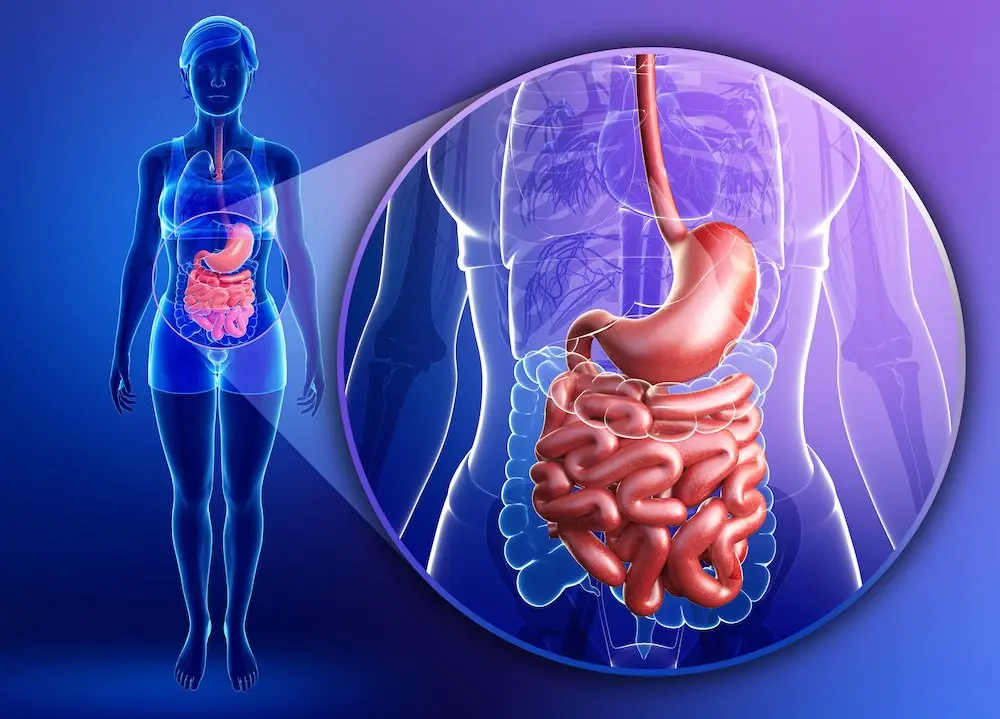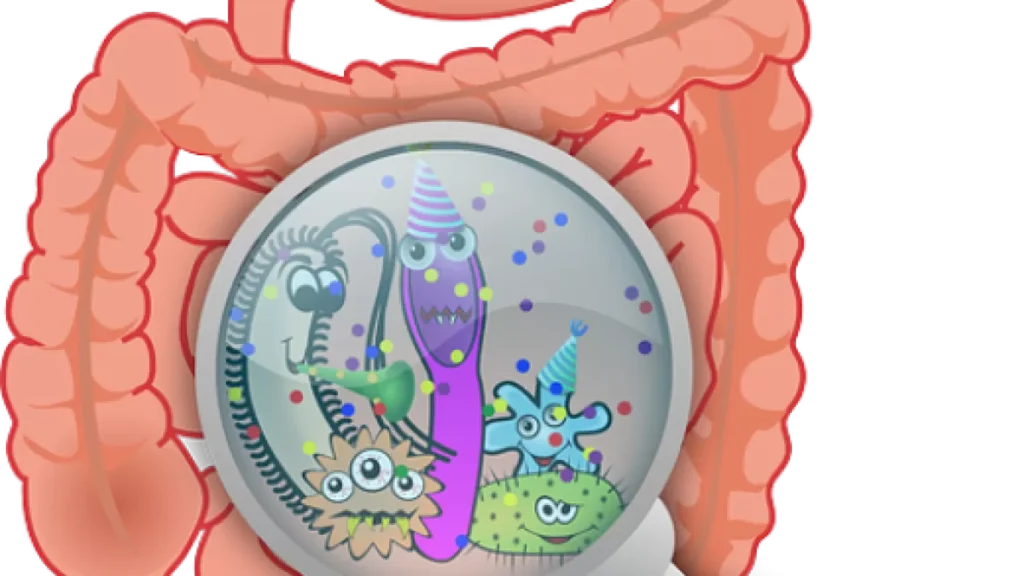Rheal Gut Health: Unlocking the Secrets to a Balanced Digestive System

Rheal Gut Health is often referred to as the body’s “second brain,” and for good reason. It plays a pivotal role in digestion, immune function, mental health, and even skin vitality. In recent years, the concept of rheal gut health has emerged as a holistic approach to optimizing digestive wellness by focusing on the symbiotic relationship between diet, lifestyle, and the gut microbiome. Unlike traditional methods that target symptoms, rheal gut health emphasizes root-cause solutions to foster long-term balance. This article dives deep into the science, strategies, and benefits of prioritizing gut health through this innovative lens.
The Foundation of Gut Health: Understanding the Microbiome
At the core of Rheal gut health lies the gut microbiome—a complex ecosystem of trillions of bacteria, fungi, viruses, and other microorganisms residing in the digestive tract. These microbes are not passive inhabitants; they actively participate in breaking down food, synthesizing vitamins, and regulating immune responses. A balanced microbiome is characterized by diversity, where beneficial bacteria outnumber harmful strains. When this balance is disrupted—a condition known as dysbiosis—issues like bloating, inflammation, and weakened immunity can arise.
Research shows that the gut microbiome communicates with the brain via the gut-brain axis, influencing mood and cognitive function. For instance, serotonin, a neurotransmitter linked to happiness, is predominantly produced in the gut. This connection underscores why digestive issues often coincide with anxiety or depression. Rheal gut health prioritizes nurturing this microbial community through personalized nutrition, probiotic-rich foods, and stress management. By understanding the microbiome’s role, individuals can make informed choices to support their digestive and overall health.
The Pillars of Rheal Gut Health: Diet, Lifestyle, and Mindset

1. Nutrition: Fueling the Gut with Purpose
Diet is the cornerstone of rheal gut health. Processed foods, excess sugar, and artificial additives can disrupt microbial balance, while whole foods like fiber-rich vegetables, fermented foods, and omega-3 fatty acids promote diversity. Prebiotics (found in garlic, onions, and asparagus) feed beneficial bacteria, whereas probiotics (like yogurt, kefir, and sauerkraut) introduce live strains to the gut. A rheal-focused diet also identifies and eliminates individual food intolerances, such as gluten or dairy, which may trigger inflammation.
Hydration is another critical factor. Water aids digestion, prevents constipation, and supports mucosal lining integrity. Herbal teas, bone broth, and electrolyte-rich beverages further enhance gut function. Unlike restrictive fad diets, rheal gut health encourages intuitive eating—listening to the body’s signals to create a sustainable, nourishing relationship with food.
2. Lifestyle: Beyond the Plate
Lifestyle choices profoundly impact gut health. Chronic stress, for example, alters gut motility and reduces microbial diversity. Practices like meditation, yoga, and deep breathing activate the parasympathetic nervous system, promoting “rest and digest” mode. Sleep is equally vital; poor sleep quality correlates with dysbiosis and increased intestinal permeability (leaky gut). Prioritizing 7–9 hours of restful sleep allows the gut to repair and regenerate.
Physical activity also plays a role. Moderate exercise enhances circulation to the digestive organs and stimulates bowel regularity. However, overtraining can stress the body, so balance is key. Rheal gut health advocates for a holistic lifestyle that harmonizes movement, rest, and stress reduction.
3. Mindset: The Psychological Connection
The mind-gut connection is bidirectional. Anxiety and negative thought patterns can manifest as digestive discomfort, while gut imbalances may exacerbate mental health struggles. Cognitive-behavioral techniques, gratitude journaling, and mindfulness practices help reframe stressors, creating a positive feedback loop for gut health. Embracing a growth mindset—viewing health challenges as opportunities for learning—fosters resilience and adherence to rheal gut health principles.
Identifying and Addressing Gut Imbalances
Common Signs of an Unhealthy Gut
Persistent symptoms like bloating, gas, diarrhea, or constipation often signal underlying imbalances. Less obvious signs include chronic fatigue, skin conditions (acne, eczema), frequent infections, and mood swings. Rheal gut health emphasizes proactive symptom tracking and diagnostic tools like stool tests or food sensitivity panels to identify root causes.
Leaky Gut Syndrome: A Modern Epidemic
Leaky gut occurs when the intestinal lining becomes permeable, allowing toxins and undigested particles to enter the bloodstream. This triggers systemic inflammation, linked to autoimmune diseases, allergies, and metabolic disorders. Contributing factors include poor diet, alcohol, NSAIDs, and chronic stress. Rheal gut health protocols address leaky gut through anti-inflammatory diets, glutamine supplementation, and gut-healing herbs like slippery elm.
Rheal Gut Health in Practice: Daily Habits for Long-Term Success
Morning Rituals
Starting the day with warm lemon water kickstarts digestion and alkalizes the body. A fiber-rich breakfast, such as oatmeal with chia seeds, fuels the microbiome. Mindful eating—chewing thoroughly and avoiding distractions—enhances nutrient absorption.
Evening Wind-Down
An early, light dinner reduces nighttime digestive strain. Herbal teas like chamomile or peppermint soothe the gut, while a digital detox before bed improves sleep quality.
Supplementation: A Targeted Approach
While whole foods are ideal, supplements can fill gaps. Probiotics, digestive enzymes, and L-glutamine are commonly used in rheal gut health plans. Always consult a healthcare provider for personalized recommendations.
The Future of Gut Health: Innovations and Trends

Emerging research explores the role of postbiotics (metabolites produced by probiotics) and fecal microbiota transplants (FMTs) in treating conditions like Crohn’s disease. Personalized nutrition, driven by DNA and microbiome testing, is gaining traction. Rheal gut health aligns with these advancements, advocating for science-backed, individualized strategies.
FAQs: Your Rheal Gut Health Questions Answered
Q: How long does it take to improve gut health?
A: While some notice changes in weeks, full microbiome restoration can take 3–6 months. Consistency with diet, stress management, and sleep is crucial.
Q: Are probiotics necessary for everyone?
A: Not always. Those with balanced diets may get enough from food. However, probiotics benefit individuals with dysbiosis or after antibiotic use.
Q: Can gut health affect weight management?
A: Yes. Gut bacteria influence metabolism, appetite hormones, and fat storage. A diverse microbiome supports healthy weight.
Q: Is intermittent fasting good for the gut?
A: In moderation, fasting gives the gut rest and may reduce inflammation. However, prolonged fasting can harm microbial diversity.
Q: What’s the link between gut health and skin?
A: Inflammation and dysbiosis often manifest as acne or eczema. Healing the gut can lead to clearer skin.
